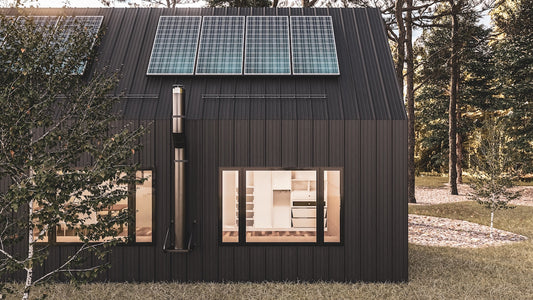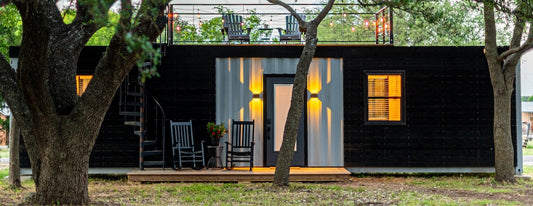If you are looking to purchase land, 1031 exchange can be a valuable method to defer capital gains taxes. 1031 refers to the IRS code section which allows investors to sell a property and use the proceeds to purchase another property deferring taxes on the capital gains. It is also known as a like-kind exchange which is a powerful tool for real estate investors looking to defer capital gains taxes when selling a property.
Here are some ideas where the 1031 exchange can be applied:
- To purchase land in a different location or market than your current property.
- To buy land for farming or ranching, it can be a great option for acquiring the property without paying taxes on the sale of your current property.
- To buy vacation or recreational property, such as a cabin or hunting land.
- To invest in land for conservation or preservation.
- To invest in land for oil and gas production.
- To invest in land for renewable energy production, such as wind or solar.
- To invest in land for timber production.
- To purchase land for commercial or industrial use, such as a shopping center or factory.
However, it's important to understand the rules and regulations that must be followed in order to complete a successful 1031 exchange, particularly when it comes to vacant land sales. Here are few to begin with:
- Timing requirements: In order to qualify for a 1031 exchange, the sale of the relinquished property and the purchase of the replacement property must be closed within specific timeframes. The replacement property must be found within 45 days of the sale of the relinquished property and the exchange must be completed within 180 days of the sale of the relinquished property.
- Identification requirements: The replacement property must be identified in writing and delivered to the intermediary or the qualified escrow holder within the 45-day identification period. The taxpayer can identify up to three properties regardless of their fair market value and an unlimited number of properties if the fair market value does not exceed 200% of the fair market value of the relinquished property.
- Like-kind requirements: The replacement property must be of "like-kind" to the relinquished property. This means that the replacement property must be used for the same purpose as the relinquished property, such as for investment or for use in a trade or business. Additionally, vacant land is considered like-kind to other vacant land, and improved land is considered like-kind to other improved land.
- Equity and debt requirements: The replacement property must be of equal or greater value than the relinquished property, and any debt assumed on the replacement property must not be greater than the debt assumed on the relinquished property.
- Taxable boot: If the exchange results in the receipt of any cash or other property (referred to as "boot"), the taxpayer will recognize gain to the extent of the boot received.
- Prohibited transactions: Certain types of transactions are not eligible for a 1031 exchange, such as exchanges between related parties, exchanges of inventory or stock in trade, or exchanges of personal property for real estate.
Please consult with a tax professional or real estate attorney before proceeding with a 1031 exchange. By understanding the rules and regulations, you can take advantage of the benefits of a 1031 exchange and defer capital gains taxes when selling a property.
Overall, a 1031 exchange can be a valuable tool looking to purchase land. By allowing you to defer capital gains taxes, it can help you upgrade to a larger parcel of land, diversify your real estate portfolio, invest in land for future development, and more.
Read more - list of references:
https://www.investopedia.com/financial-edge/0110/10-things-to-know-about-1031-exchanges.aspx
https://www.cwscapital.com/what-is-a-1031-exchange/
https://www.businessinsider.com/personal-finance/1031-exchange





